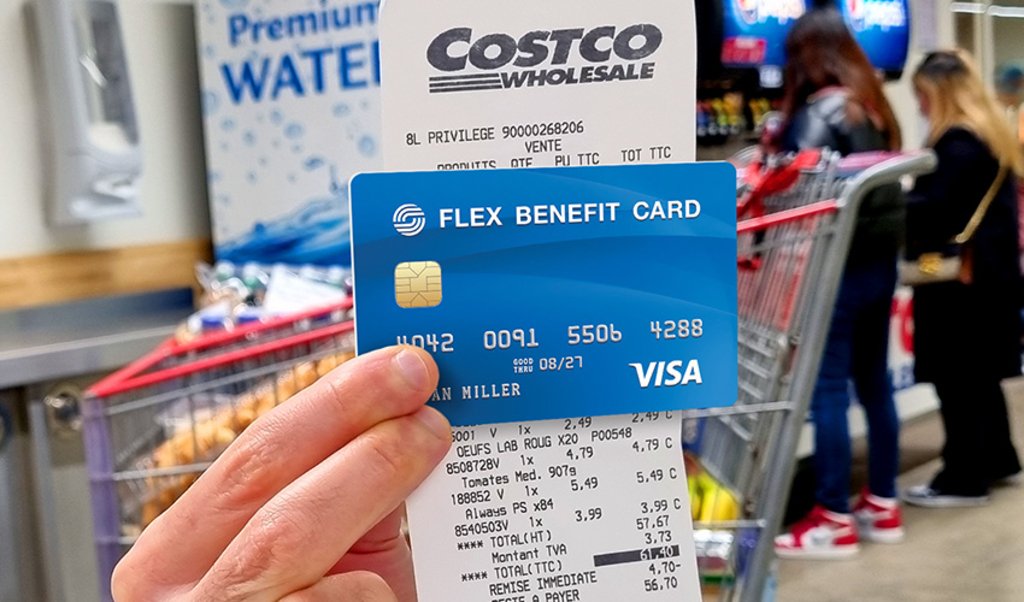Watch Out for “Official” Mail, Misleading Advertisements and Call Scams
“Official” Medicare Mail and Call Centers
If Medicare wasn’t overwhelming enough, the amount of marketing mail sent out to Medicare recipients is mind-boggling. Each year, we have clients who report accidentally filling out a piece of “official” looking mail and consequently receiving a barrage of calls during dinner.
Unfortunately, many of the marketing pieces (such as below) look like requests from government agencies. The government will rarely ask you to confirm who you are and to simply send a piece of mail back to them. These pieces of mail are called “business reply cards.”
In the Medicare business, cold calls are typically not allowed. So for someone to call you, you’ll have to give permission. These pieces of mail can be a tricky way to obtain written consent. Once consent is given, these leads are often either sent back to an insurance agency or sold off to various insurance agencies for marketing purposes.
Misleading Medicare Advertisements
Medicare Advantage (MA) companies have been running advertisements promising significant benefits, $0 premiums, and other claims that may appear too good to be true for years. These marketing tactics have resulted in a significant increase in complaints, prompting crackdowns from the Centers for Medicare & Medicaid Services (CMS). These audits have uncovered instances where the information provided to beneficiaries is misleading, confusing, or even incorrect.
Consequently, starting in 2023, insurers will not be allowed to broadcast any television ads for MA plans without first obtaining approval from federal regulators. One of the most common claim we have seen in the past few months was: Pre-Loaded Debit Cards or Flex Cards
Flex cards, or pre-loaded debit cards, can be a useful tool for paying for certain health-related expenses, such as over-the-counter drugs or groceries. However, it's important to understand that the amount loaded onto these cards can vary depending on the plan and insurance company. While some commercials may advertise flex cards as being "loaded with up to $2,800," the average amount is typically closer to $500, and some cards may only have $200 loaded onto them.
It's still a valuable benefit if it's included in a plan that suits your needs, but it's important to be aware of the limitations. These cards can only be used to purchase approved items or services outlined in your plan, and in some cases, you may be restricted on where you can obtain these items or services.
While flex cards can be a useful benefit, it's crucial to carefully read the fine print and understand the restrictions before assuming that they're a miracle solution. If something seems too good to be true, it probably is.
Watch Out for Medicare Call Scams
Robocall scams can often seem random, but that's not always the case. Sometimes they are highly targeted - as with older Americans whose Medicare eligibility opens the door to health insurance fraud. Be aware that bad actors may spoof the number that appears on your caller ID so that an incoming call seems to be from a government agency or a health provider that you already know and trust. They do this to entice you to answer.
When you pick up, a scam caller usually starts chatting you up to engage you, asking you conversational questions to put you at ease. Whatever scam scenario follows, the caller is trying to get your personal information, such as your Medicare card number, your Social Security Number, or other health insurance identification.
For your awareness
Medicare does not call you uninvited and ask you for personal or private information.
You will usually get a written statement in the mail before you get a phone call from a government agency.
Calls requesting health insurance information should not be trusted.
Medicare.gov advises that you take the following precautions:
Never give your Medicare card, Medicare Number, Social Security card, or Social Security Number to anyone except your doctor or people you know should have it (like insurers acting on your behalf or people who work with Medicare, like your State Health Insurance Assistance Program (SHIP). Get the contact information for your local SHIP.
Do NOT accept offers of money or gifts for free medical care.
Don't allow anyone, except your doctor or other Medicare providers, to review your medical records or recommend services.
Never Join a Medicare health or drug plan over the phone unless YOU called Medicare.
If someone asks you for your information, for money, or threatens to cancel your health benefits if you don't share your personal details, hang up and call 1-800-MEDICARE (1-800-633-4227) or visit medicare.gov.
Be vigilant. Scammers can be very convincing, and they may know a little – or a lot – about you, especially if they have access to some of your personal information already. Follow these simple tips to avoid spoofing scams:
Don't answer calls from unknown numbers.
If you answer and the caller isn't who you expected, hang up immediately.
Never give out personal information such as account numbers, Social Security numbers, mother's maiden names, passwords or any other self-identifying response to an unexpected call.
Use caution if you are being pressured for information immediately.
If a caller claims to represent a health insurance provider or a government agency, simply hang up. You can then call back using a phone number on an account statement, in the phone book, or on an official website to verify the caller's authenticity.



